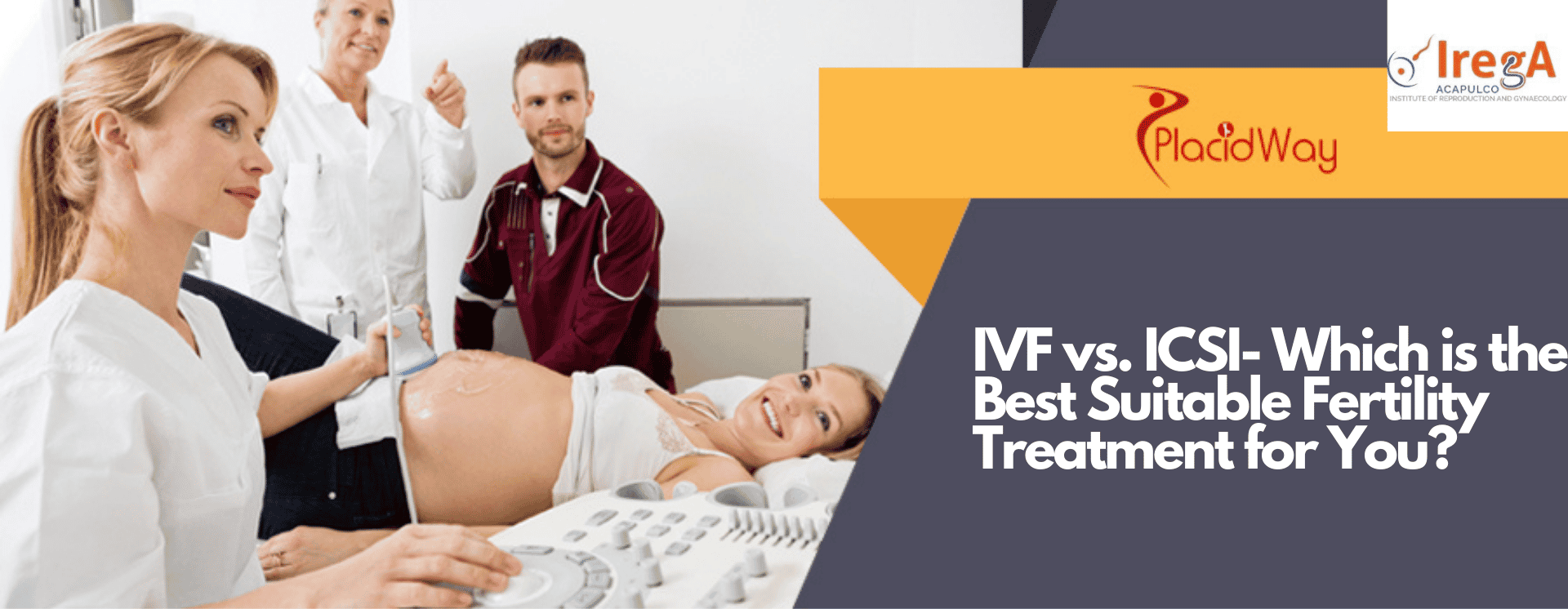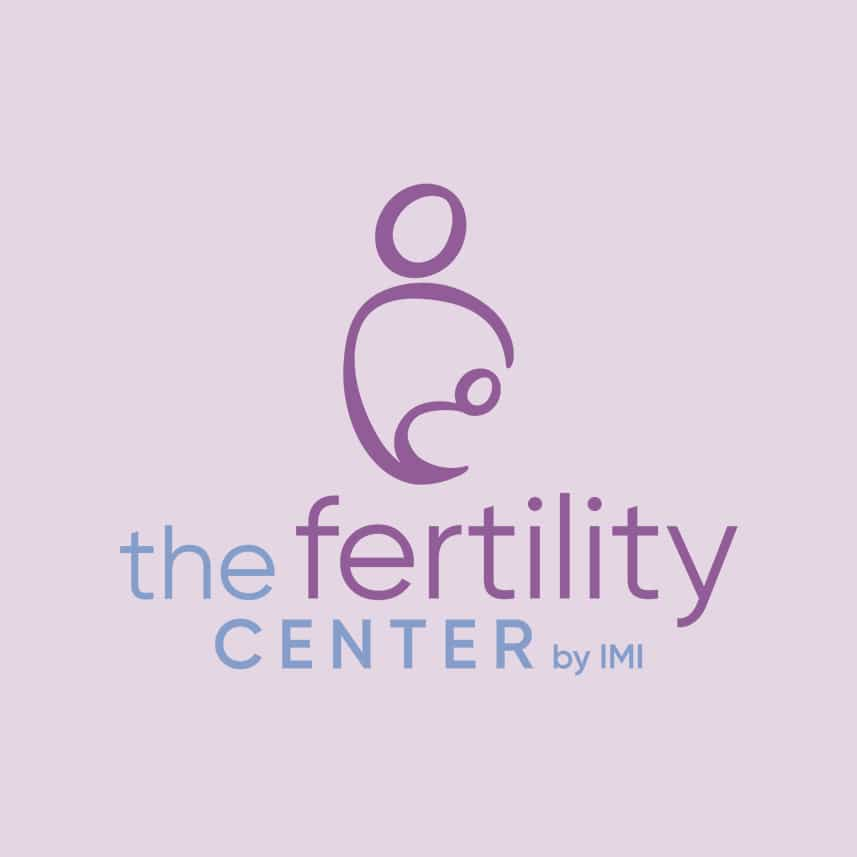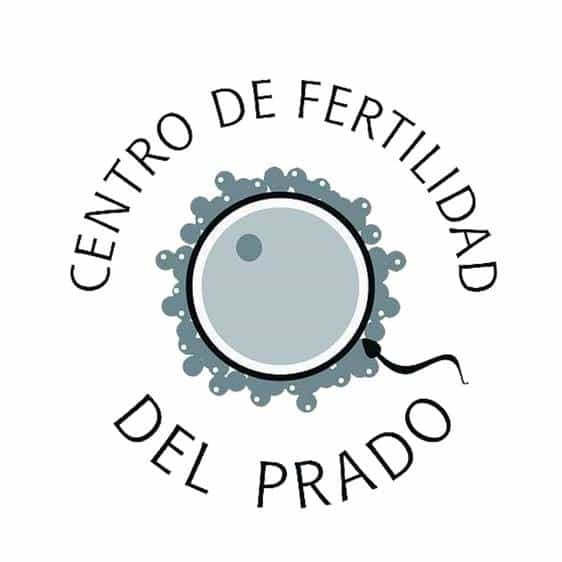Infertility is a deeply personal and emotional journey, and for many couples, the decision to seek fertility treatments can be daunting. Among the most advanced and widely-used methods of assisted reproduction are In Vitro Fertilization (IVF) and Intracytoplasmic Sperm Injection (ICSI). Both are highly effective treatments for various infertility issues, but understanding which one is the best option for you requires an in-depth comparison.
IVF and ICSI are both used to help couples conceive, but they involve different techniques, and the choice of which to pursue depends on the underlying cause of infertility. In this article, we’ll explore the differences between IVF and ICSI, their processes, success rates, costs, and the factors to consider when choosing between them.
Key Insights at a Glance
- IVF involves fertilizing eggs with sperm in a petri dish and is suitable for many infertility causes.
- ICSI is a specialized form of IVF where sperm is injected directly into the egg, often used for male infertility.
- IVF has lower costs compared to ICSI, but the price varies based on treatment specifics.
- Success Rates for both treatments are generally high, but they depend on factors like age and fertility health.
- Choosing Between IVF and ICSI depends largely on whether male or female infertility is the primary concern.
What is IVF (In Vitro Fertilization)?
In Vitro Fertilization (IVF) is one of the most popular and successful assisted reproductive technologies. It involves the fertilization of an egg outside the body, in a laboratory setting. IVF is used for many reasons, including female infertility (such as blocked fallopian tubes, ovulation problems) and male infertility (low sperm count, low motility), as well as in cases of unexplained infertility.
The IVF process consists of several steps:
- Ovarian Stimulation: The woman is given hormones to stimulate the ovaries to produce multiple eggs.
- Egg Retrieval: Once the eggs are mature, they are collected using a minor surgical procedure.
- Fertilization: The eggs are mixed with sperm in a laboratory dish. Fertilization happens naturally as the sperm penetrate the egg.
- Embryo Culture: The embryos are monitored for growth and development over several days.
- Embryo Transfer: One or more healthy embryos are selected and transferred into the woman's uterus for implantation.
IVF is typically used when there are issues with the woman’s reproductive system, like damaged fallopian tubes, or when there are concerns about the male partner’s sperm quality.
What is ICSI (Intracytoplasmic Sperm Injection)?
Intracytoplasmic Sperm Injection (ICSI) is a more advanced version of IVF, specifically designed to address male infertility. ICSI involves directly injecting a single sperm into an egg, bypassing the natural fertilization process. This method is beneficial for male infertility factors like low sperm count, low motility, or abnormal sperm morphology.
ICSI follows the same basic steps as IVF but with the added step of sperm injection:
- Sperm Collection: The male partner’s sperm is collected and examined for quality.
- Sperm Selection: The embryologist selects the best sperm, even if it has low motility or poor morphology.
- Sperm Injection: A single sperm is injected directly into the egg using a fine needle.
- Embryo Culture: The fertilized eggs are cultured and monitored over several days.
- Embryo Transfer: Healthy embryos are transferred into the woman’s uterus for potential implantation.
ICSI is often used when male infertility is the main factor, especially when sperm quality is poor or there are issues with sperm motility.
IVF vs. ICSI: Key Differences
While both IVF and ICSI are effective fertility treatments, the primary difference lies in the fertilization process:
Fertilization Technique
- IVF: In IVF, fertilization occurs naturally in a laboratory dish, where the sperm must be able to penetrate the egg on its own.
- ICSI: In ICSI, a single sperm is injected directly into the egg, which is particularly useful for cases where sperm cannot easily fertilize the egg on its own.
Male Factor Infertility
- IVF: IVF can be used when male infertility is not the primary concern, though it is still an option for male factor infertility in some cases.
- ICSI: ICSI is specifically designed for cases of severe male infertility, including very low sperm count, low sperm motility, or poor sperm quality.
Cost Comparison
- IVF: IVF is generally less expensive than ICSI due to the simpler fertilization process.
- ICSI: ICSI is more expensive than IVF because of the complexity of injecting sperm directly into the egg.
Success Rates
- IVF: IVF has a good success rate, but the likelihood of success depends on the age of the woman, egg quality, and sperm quality.
- ICSI: ICSI has a higher success rate when male infertility is the primary factor. However, success also depends on the woman's age and other health factors.
Cost Comparison: IVF vs. ICSI
The cost of both IVF and ICSI varies depending on the location, clinic, and the specifics of the treatment required. Here's a breakdown of typical costs for IVF and ICSI in different countries:
| Treatment | IVF (Average Cost) | ICSI (Average Cost) | Countries Offering Treatments |
|---|---|---|---|
| USA | $12,000 - $15,000 | $14,000 - $17,000 | USA, Mexico, Thailand, India |
| India | $3,500 - $7,000 | $4,000 - $8,000 | India, UAE, Turkey |
| Thailand | $6,000 - $8,000 | $7,000 - $9,000 | Thailand, South Korea |
| Turkey | $4,000 - $7,500 | $5,000 - $9,000 | Turkey, Greece, Spain |
| Europe | $6,000 - $12,000 | $7,000 - $13,000 | UK, Spain, Greece, Czech Republic |
Note: The above costs may vary based on clinic reputation, medical staff experience, and additional treatments like egg/sperm donation, medication, or embryo freezing.
When is ICSI Recommended Over IVF?
While both IVF and ICSI are used for various infertility causes, ICSI is specifically recommended in the following cases:
- Severe Male Infertility: If the male partner has a very low sperm count, immotile sperm, or poor sperm morphology, ICSI is a good option because it bypasses the natural fertilization process.
- Previous IVF Failures: If IVF has failed to result in fertilization in the past, ICSI can improve the chances by ensuring that fertilization occurs.
- Sperm Retrieval Issues: If sperm must be surgically retrieved, ICSI is often used to ensure fertilization, especially in cases where sperm are found to be of poor quality.
- Low Sperm Count or Poor Motility: In cases where there are concerns about sperm's ability to penetrate the egg, ICSI increases the likelihood of successful fertilization.
Risks and Side Effects of IVF and ICSI
Both IVF and ICSI are generally safe, but there are potential risks associated with each procedure, including:
- Ovarian Hyperstimulation Syndrome (OHSS): A complication from fertility medications where the ovaries become swollen and painful.
- Multiple Pregnancies: Both IVF and ICSI increase the risk of multiple pregnancies, which carry additional risks for the mother and babies.
- Surgical Risks: Egg retrieval and sperm retrieval (for ICSI) are minor surgical procedures, but they carry risks of bleeding, infection, or injury to surrounding organs.
- ICSI-Specific Concerns: There has been some concern over the long-term risks of ICSI, including a slightly increased risk of birth defects, though the overall risk remains low.
FAQs
What is the main difference between IVF and ICSI?
IVF involves combining eggs and sperm in a petri dish and allowing natural fertilization, while ICSI injects a single sperm directly into an egg. ICSI is typically used for male infertility.
How do I know if ICSI is the right treatment for me?
ICSI is recommended when male infertility factors are present, such as low sperm count, poor sperm motility, or abnormal sperm morphology. Your fertility doctor can assess whether ICSI is necessary.
Is IVF or ICSI more expensive?
ICSI tends to be more expensive than IVF because of the advanced technology involved in injecting sperm directly into the egg. The overall cost also depends on additional treatments and the clinic's location.
What are the success rates for IVF and ICSI?
Both IVF and ICSI have high success rates, though the success can vary based on factors like age, the quality of the eggs and sperm, and the underlying infertility cause. ICSI often has higher success rates in male infertility cases.
Can ICSI be used in cases where the woman has fertility issues?
ICSI is generally used to address male fertility problems. However, it can be part of an IVF cycle if both partners have fertility concerns, as it ensures fertilization even with low-quality sperm.
Start Your Fertility Journey Today
Whether you’re considering IVF or ICSI, choosing the right treatment for your specific fertility needs is a crucial step toward becoming a parent. Consulting with a fertility expert can help you navigate your options and increase your chances of success.Contact us today to schedule a consultation and find the best fertility solution tailored to your needs!








-Treatments-Why-More-Couples-Are-Going-Abroad-Thumbnail.png)


.png)






Share this listing